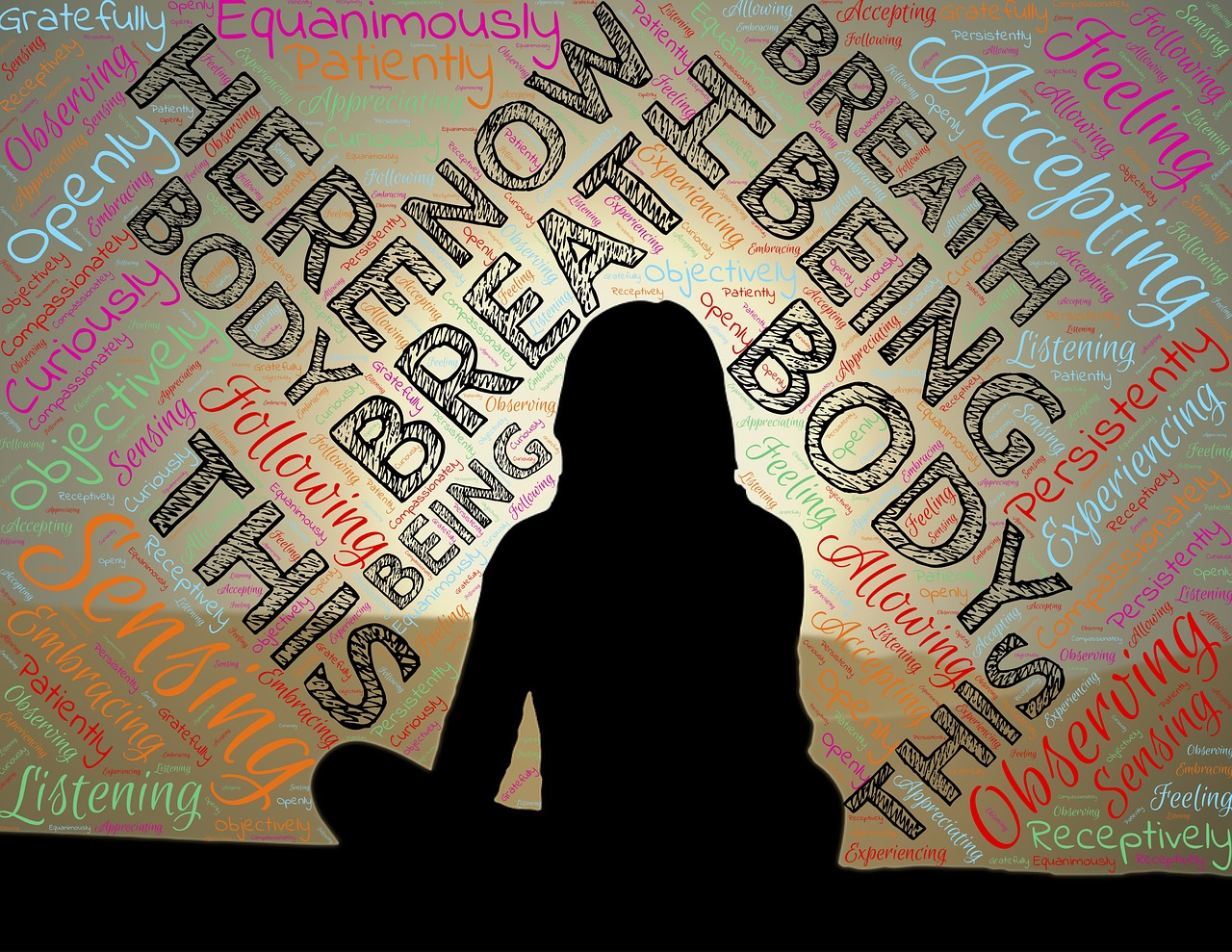Tension, a state of hostility, suspense, or uneasiness, represents a mental or emotional strain that can significantly disturb your mental health. It’s a pervasive force that, if left unchecked, can lead individuals towards wrong thoughts and subsequently wrong deeds. The vulnerability of the mind becomes a gateway for tension, steering individuals in undesirable directions.
The Genesis of Tension in Modern Life
In the modern world, tensions seem to accompany us from the moment we wake up in the morning. This state of worry or nervousness has become an unfortunate companion in our daily lives, influencing our thoughts, actions, and overall mental well-being.
Types of Mental Tensions
- Family Tension: Tensions within the family unit, stemming from disagreements, misunderstandings, or conflicting priorities.
- Parenting Tension: The challenges and responsibilities associated with being a parent can often lead to heightened tensions.
- Child Rearing Tension: Concerns and anxieties related to the upbringing and well-being of children contribute to child-rearing tension.
- Relationship Tension: Tensions arising from interpersonal relationships, whether romantic, friendly, or professional.
- Social Tension: The pressure and uneasiness experienced in social settings due to societal expectations and norms.
- Prestige Tension: Tensions arising from the pursuit of social status and recognition.
- Cultural Tension: Conflicts or anxieties stemming from differences in cultural perspectives and values.
- Position Tension: Tensions related to one’s position or role in various aspects of life, such as work or community.
- Economic Tension: Concerns related to financial stability and economic uncertainties.
- Financial Tension: Specific tensions revolving around monetary matters, investments, and financial planning.
- Classes Tension: Tensions arising from differences in social classes and economic disparities.
- Poverty Tension: The mental strain caused by the challenges and limitations associated with living in poverty.
- Academic Tension: Tensions related to academic performance, expectations, and the pursuit of educational goals.
- Sexual Tension: Emotional strain arising from issues related to sexuality and intimate relationships.
- Personal Tension: Individualized tensions that stem from personal insecurities, fears, and self-doubt.
- Competitive Tension: The stress and pressure associated with competition, whether in the workplace or other arenas.
- Job or Professional Tension: Tensions linked to job responsibilities, career growth, and workplace dynamics.
- Conflict Tension: Tensions escalating from conflicts, disagreements, or disputes in various aspects of life.
- Political Tension: Tensions arising from political uncertainties, conflicts, or differing political ideologies.
- Health Tension: The anxiety and unease associated with health concerns and uncertainties.
The Root of Tension
Tension often emerges when there are disparities in thoughts, doubts, or dilemmas between thoughts and actions. A situation spirals into tension when people feel anxious, and the possibility of sudden violence or conflict exacerbates this mental strain. When a situation seems out of control, tensions tend to escalate, further impacting mental well-being.
Understanding the diverse types of tension is crucial for developing strategies to manage and alleviate the mental strain that accompanies these challenges. Recognizing the sources of tension is the first step towards cultivating a healthier and more resilient mind.




Add comment